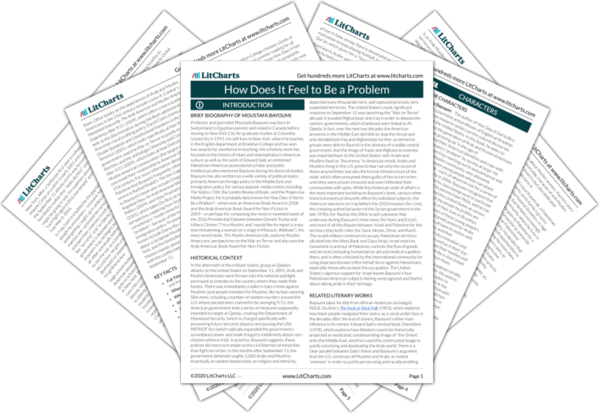Yan’s thoughts about structural racism in education again point to the gap between American ideals—equality before the law—and American realities—those whose pleas are not heard end up, unsurprisingly, unequal before the law. Again, this is a closed loop of discrimination: because they are marginalized, marginalized groups are not heard, which prevents them from fighting their marginalization. But Advocates for Children promptly resolves Yasmin’s year-long fight, further demonstrating dedicated legal activism’s ability to claim a voice for people who lack one. (This also happened in Rasha’s case—which could have gone much worse had her family lacked an attorney.) Crucially, what ultimately takes the school down is not merely its requirement that Yasmin go to the school dance, but specifically its double standard with regards to other students (and therefore the policy’s failure to be “neutral”).
